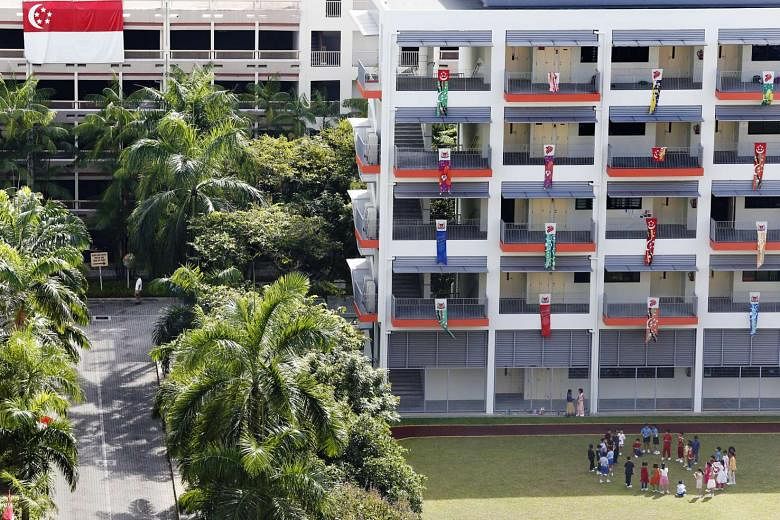Social capital, captured by the local term "kampung spirit", refers to the goodwill, concern and friendly exchanges among people who form a social unit. Often associated with traditional communities living in less dense conditions, it is ironically in short supply as people are brought closer spatially in urban settings. The anonymity and inward gaze of city dwellers is a passive indicator of the loss of social capital, as author Robert Putnam elucidated in Bowling Alone with reference to American communities. A visceral measure of that change is the number and nature of conflicts that arise among urbanites.
Ideally, these spats should be resolved by neighbours themselves with a good measure of patience and mutual regard. When that fails, it would be best if disputes are settled informally with the help of a trusted community mediator. That has been the preferred dispute resolution framework here, as laws are not the best instrument to keep social capital intact. The involvement of officials, lawyers and judges might exacerbate the situation and entrench hostility among neighbours. The Government has "no interest in legislating social behaviour", as then Culture, Community and Youth Minister Lawrence Wong had noted, but to leave matters unresolved could lead to prolonged animosity, as once illustrated by squabbling families in Everitt Road.
It is in the interest of society to offer recourse to victims of persistent anti-social behaviour and to bring about a closure, especially when disputes lower the tone of a neighbourhood. This is the rationale of legislation passed last year to create a new course of action. What ought to have been regulated by social norms - informal yet compelling rules of acceptable behaviour - had to be framed as a statutory tort giving the aggrieved a right to seek redress for the disturbance and interference of the enjoyment of his residence.
Having accepted that certain intractable cases call for state intervention via the Community Disputes Resolution Tribunals, one would hope that these instances will be few and far between. Gratifyingly, only 27 cases have been dealt with by the tribunals in the first three months of operations. The less work it has, the stronger the indication that people could be relying more on mutual or mediated settlement, rather than legal channels, to deal with ugly spats. However, the number of cases seen by the Community Mediation Centre has dropped since the tribunals became available last October, even though more than 70 per cent of the cases mediated have arrived at a settlement. The tribunals must be seen as a last resort that one turns to reluctantly only when all other avenues have closed. Singapore risks becoming a litigious society when even excessive noise (featured in over half of the cases heard) cannot be resolved civilly and must be dealt with legally.

